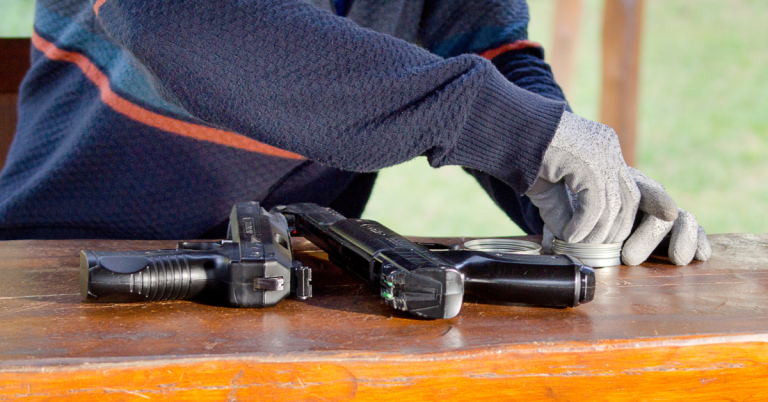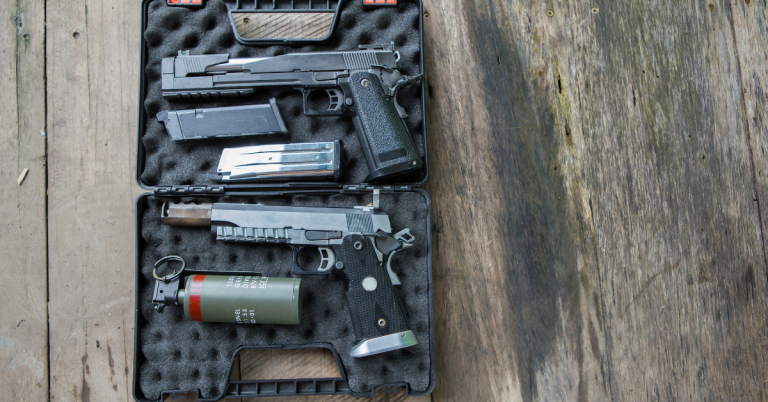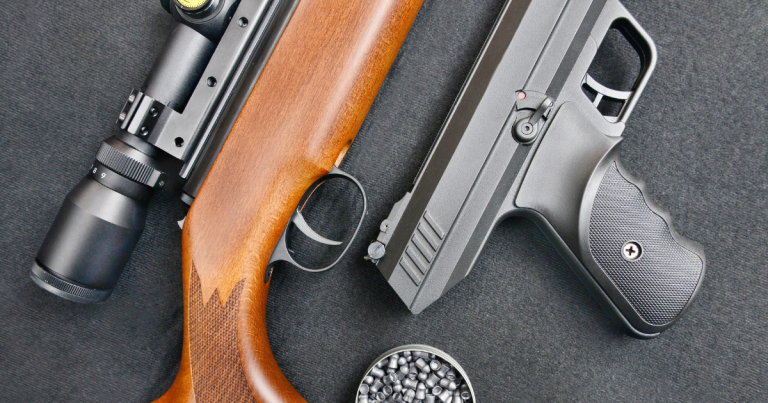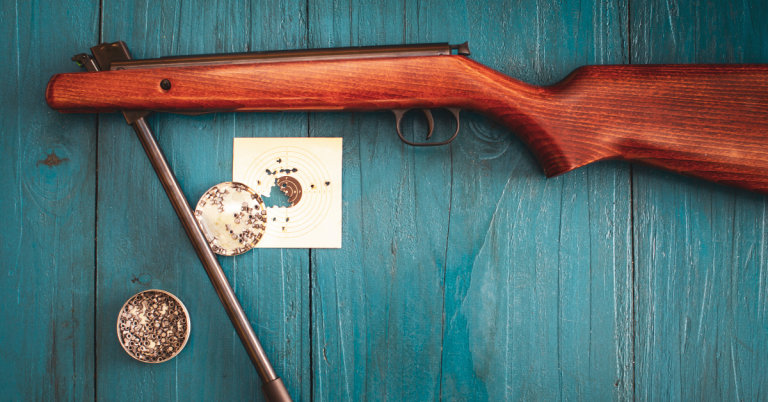Air Rifle Hunting Etiquette
Hunting with air rifles is a practice that requires not only skill and precision but also a strong sense of ethics and responsibility. Here, we explore the unspoken rules that govern the world of air rifle hunting, ensuring that hunters can enjoy their sport while maintaining respect for nature and wildlife.
Respect for the Game
Ethical hunting starts with respect for the animals you pursue. This means understanding the species, their habits, and their role in the ecosystem. Hunters should always strive for a quick, humane kill, targeting vital organs to minimize suffering.
Shot Placement
One of the most critical aspects of ethical air rifle hunting is shot placement. A clean kill shot, typically to the heart and lungs, is essential to prevent unnecessary suffering of the animal. It’s important to practice and know your limits; if you can’t make the shot with confidence, it’s better to wait for a better opportunity.
Conservation
Hunters play a role in conservation by managing wildlife populations and habitats. It’s important to hunt only during designated seasons and to follow bag limits set by wildlife management authorities. Conservation also involves choosing to hunt in areas where it’s legal and ethical, ensuring that hunting activities do not harm local wildlife populations or their habitats.
Safety First
Safety should always be the top priority. This includes handling your air rifle safely, being aware of your surroundings, and ensuring a clear line of fire. Always identify your target clearly and make sure there is a safe backdrop behind it to prevent accidents.
Legal and Ethical Compliance
Abiding by the law is a fundamental part of hunting etiquette. This includes understanding and following all local and national regulations regarding air rifle hunting. It’s also crucial to ensure that you have the proper licenses and permissions before heading out into the field.
Leave No Trace
The principle of leaving no trace applies to hunting as well. This means not only taking your targets but also any litter or spent cartridges. Preserving the natural beauty of the environment ensures that it remains a viable habitat for wildlife and a place for future generations to enjoy.
Sharing the Land
Respect for other land users is also a key part of hunting etiquette. This means being considerate of hikers, birdwatchers, and other outdoor enthusiasts. Sharing the land responsibly ensures that everyone can enjoy the outdoors harmoniously.
Conclusion
The unspoken rules of air rifle hunting are centered around respect—respect for the game, the law, other people, and the environment. By adhering to these ethical considerations and best practices, hunters can ensure that they are contributing positively to the tradition of hunting and the conservation of nature. Remember, ethical hunting is about more than just the hunt; it’s about preserving the integrity of the sport and the world we live in.
FAQs
What should I do if I injure an animal instead of making a clean kill?
If an animal is injured, it is the hunter’s responsibility to track and dispatch the animal as quickly and humanely as possible to minimize suffering. Always follow up on any shot that does not result in an immediate kill.
How can I ensure that my hunting practices are sustainable for the local ecosystem?
Sustainable hunting involves taking only what you need, focusing on overpopulated species, and avoiding any endangered or protected species. It’s also important to support conservation efforts and habitat restoration projects.
Are there specific air rifle calibers that are more ethical for hunting certain types of game?
Yes, different game species require different calibers to ensure a humane kill. For example, larger calibers like .22 or .25 are preferred for medium-sized game, while smaller calibers may be suitable for small game and pests.
What are the best practices for disposing of spent cartridges and pellets to minimize environmental impact?
Spent cartridges should be collected and recycled where possible. Lead pellets can be harmful to the environment, so consider using non-lead alternatives or ensuring that all spent pellets are retrieved.
How can I educate others about ethical hunting practices?
Education can be done through hunting clubs, workshops, mentorship programs, and by setting a good example in the field. Sharing knowledge about ethical practices helps to ensure that hunting remains a respected and responsible activity.






